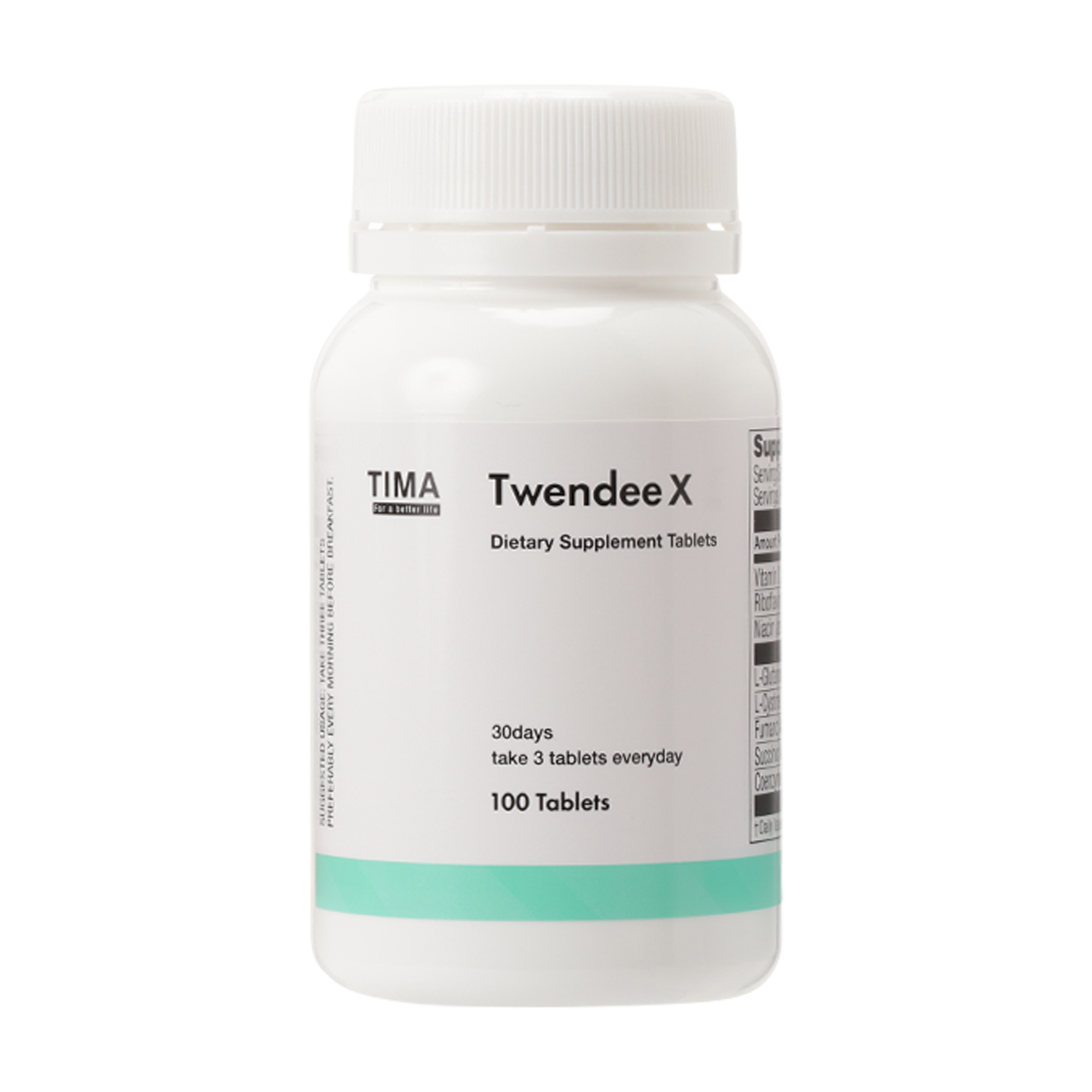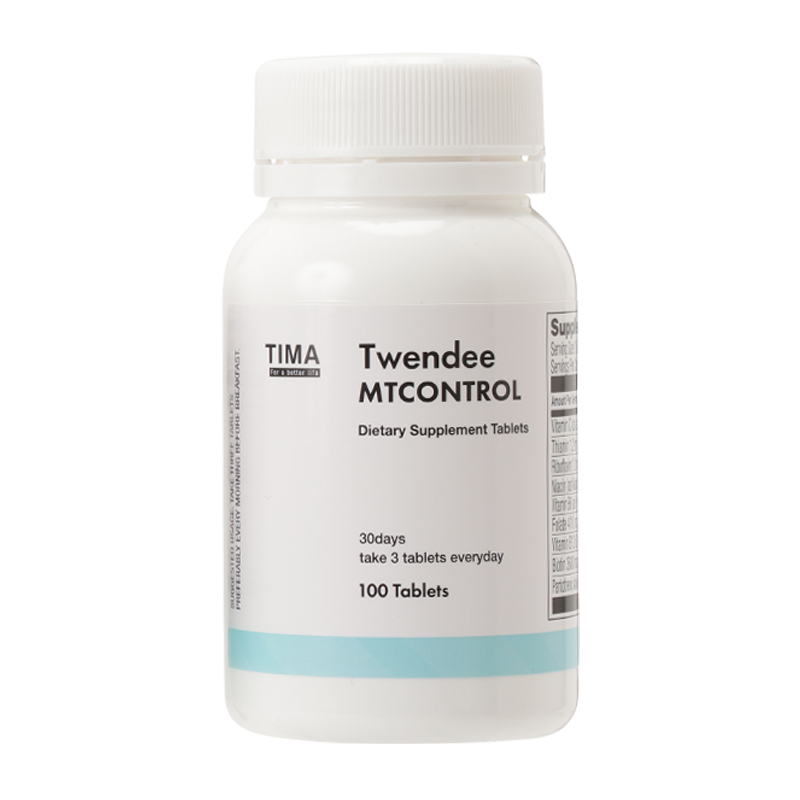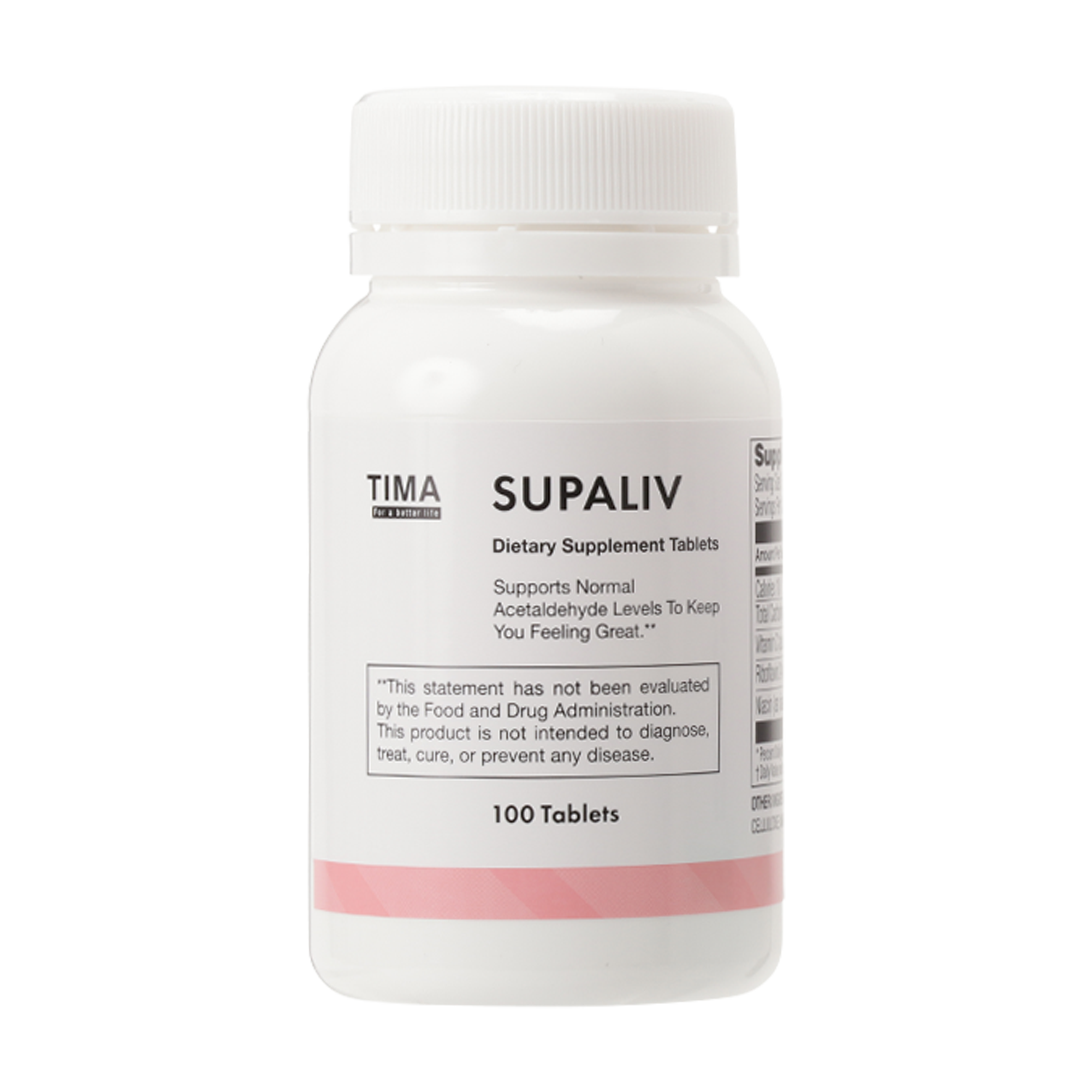Thesis on Oxidative Stress and "arteriosclerosis"
- Paper title
- Oxidative Stress-Mediated Atherosclerosis: Mechanisms and Therapies
- Abstract summary
- Oxidative stress is widely regarded as the redox status realized when an imbalance exists between antioxidant capability and activity species including reactive oxygen species.
- Authors
- Xinyu Yang, Yang Li, Yanda Li, Xiaomeng Ren, Xiaoyu Zhang, D-Q Hu, Yonghong Gao, Yanwei Xing, H. Shang
- Journal
- Frontiers in Physiology
- Semantic Scholar URL
- https://semanticscholar.org/paper/a051f728a87e78d14c9e21facccc80ead0b7d391
- Abstract
-
Atherogenesis, the formation of atherosclerotic plaques, is a complex process that involves several mechanisms, including endothelial dysfunction, neovascularization, vascular proliferation, apoptosis, matrix degradation, inflammation, and thrombosis. The pathogenesis and progression of atherosclerosis are explained differently by different scholars. One of the most common theories is the destruction of well-balanced homeostatic mechanisms, which incurs the oxidative stress. And oxidative stress is widely regarded as the redox status realized when an imbalance exists between antioxidant capability and activity species including reactive oxygen (ROS), nitrogen (RNS) and halogen species, non-radical as well as free radical species. This occurrence results in cell injury due to direct oxidation of cellular protein, lipid, and DNA or via cell death signaling pathways responsible for accelerating atherogenesis. This paper discusses inflammation, mitochondria, autophagy, apoptosis, and epigenetics as they induce oxidative stress in atherosclerosis, as well as various treatments for antioxidative stress that may prevent atherosclerosis.








